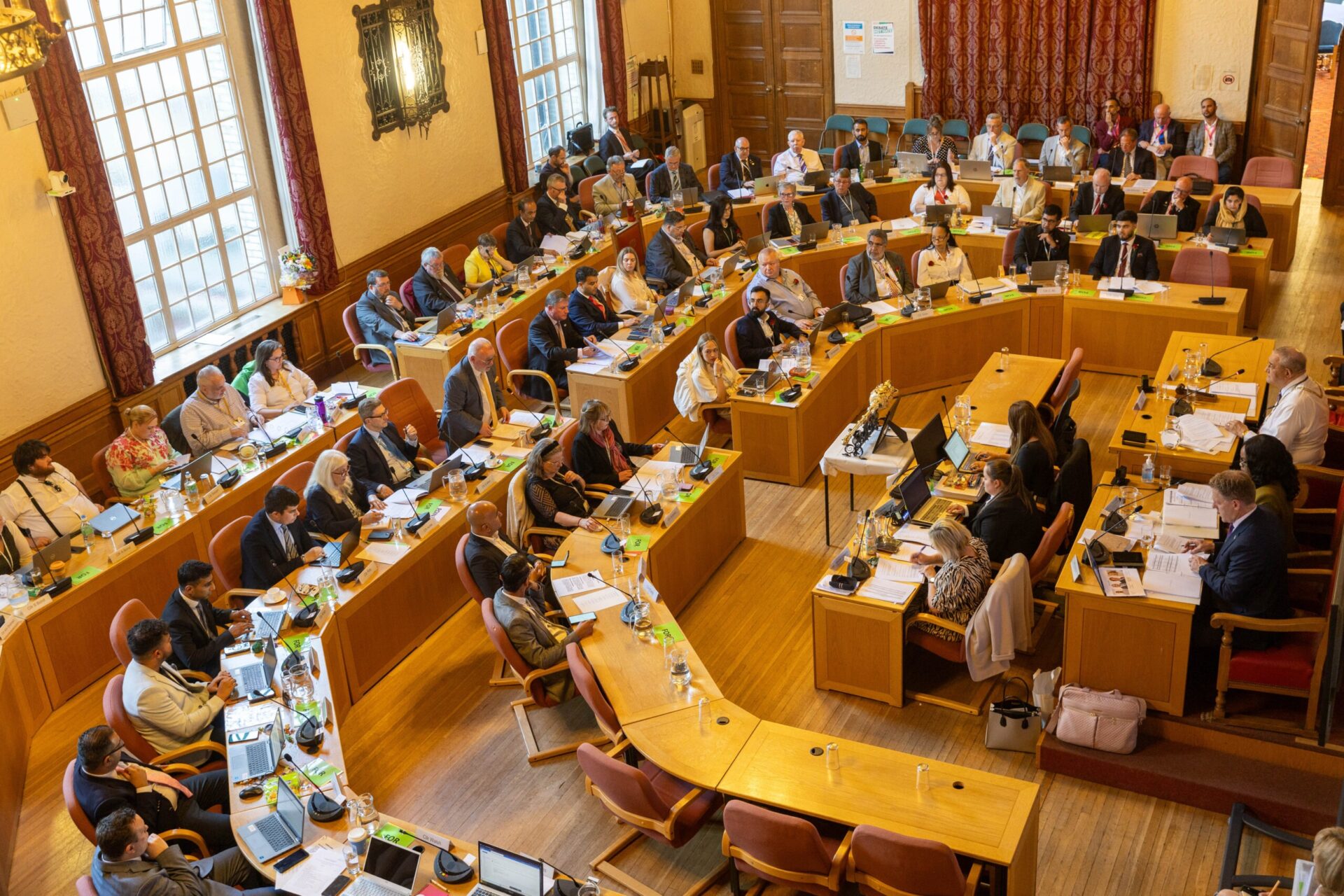Peterborough City Council faces critical financial challenges following the revelation that the number of children in care has risen by 13 per cent in 18 months, and households presenting themselves as homeless spiralled by 20 per cent in a year. Across the range of many of the statutory services the council must provide, the pressures are mounting.
Another example is the rise in demand for Education Health and Care Plans (EHCP’s), which results in a greater level of spend, increased requirement for support in mainstream schools and more special school places.
“This is resulting in the council having to make more placements in out-of-city schools,” says Cecilie Booth, executive director of corporate services.
“The number of EHCP plans has risen by almost 40 per cent since 2017. In the last year they have increased from 2,213 in 2022/23 to 2,636 at the end of 2023/24, a 19 per cent increase.”
Her report – labelled budgetary control final outturn 2023/24 – was presented to Cabinet on Monday night.
“During the development of the 2023/24 budget, it was assumed there would be c380 children in care, otherwise known as Looked after Children (LAC), but over the 18-month period this has risen sharply to 431 in April 2024,” she says.
“This has been affected by the increased referrals through the front door and post Covid complexity of caseloads. With the costs are affected by placement availability, it also means a heavier reliance on more costly agency residential placements.”
Financially the council 2023/24 has a relatively manageable £1.2m overspend, a slightly worse position in comparison to the £0.9m position reported in January.
“This change is largely attributable to a spike in interest rates, increasing the cost of borrowing,” she says.

And her report noted an improvement in financial position across most council services, which she says has been the result of “significant organisational emphasis” being placed on reducing the overspend as far as possible by year-end to protect reserves balances.
This has included reviewing the use of agency staff, only undertaking essential spending, driving up the level of income delivered via sales fees and charges, properties, or treasury investments, or looking at opportunities to work differently and more efficiently
But she says that although the final outturn for 2023/24 “is only a modest overspend (below 1 per cent of budget), the council’s reserves balances have reduced by 36 per cent from £70m to £42m during 2023/24 with the forecast commitments taking reserves levels down to £24m by the end of 2025/26.
“This means the council has lower financial resilience and reduced ability to fund transformation and respond to potential emergencies.
“There are a number of pressures evidenced within the 2023/24 outturn, and while these remain unresolved or continue to escalate, they will have a detrimental impact on the council’s financial resilience and ability to set sustainable and balanced budgets in the future.”
Home to School (HTS) transport routes is clearly one of the pressures she speaks of, and Ms Booth points out that at the end of 2022/23 there were 222 contracts with HTS private providers and at the end of 2023/24 there were 266.
“This is partially because of the rise in EHCP’s, but also due to the lack of mainstream provision within the city,” she says.
Ms Booth says Peterborough children’s services were rated as inadequate by Ofsted when inspectors visited in November (Ofsted report).
“Implementation of the Ofsted action plan is a key priority for the council; however, this will require considerable unbudgeted investment.
“During 2024/25 its expected that this will be funded from reserves and then built into the budget as part of the 2025/26 budget development.”
She also told Cabinet that during the last year there had been a sharp rise in adult social care placements, particularly the under 65s who receive community care.
Efforts were under way “to put measures in place to mitigate this pressure”.
But another main challenge will be the number of households presenting as homeless and Ms Booth says “new demand is outstripping current supply, leading to increased reliance on Bed & Breakfast (B&B) and temporary accommodation.
“Although the housing needs team work hard to find temporary or permanent accommodation, there has been an average of 79 households in B&B throughout the year (no families are in B&B for over 6 weeks).
“This is in excess of the budgeted provision for B&B and it will continue to put strain on the budget in 2024/25”.
The council plan to improve this by buying more housing for temporary accommodation, working closely with registered providers in Peterborough, improving the council’s approach to prevention and reviewing landlord schemes.

She adds: “The Local Housing Allowance (LHA) rates were also increased for 2024/25, after 4 years of being frozen, which should provide some support to households.”
Unsurprisingly, she says, a huge proportion of the risk is related to demand within adults, children’s, and housing services, but there were also further pressures.
“For example, the expected increase in the cost of providing public health and ICT services as a result of de-coupling these from the joint arrangements with Cambridgeshire County Council,” she says.
“Where these proposals will ensure that there is a greater focus and prioritisation on services for Peterborough residents, some economies of scale from these joint arrangements will be foregone.”
Ms Booth says the council is forecasting budget gaps of £3.2m in 2025/26, £6.9m in 2026/27 and £9.7m in 2027/28.
And she says that “despite the financial improvement and achievements over the past 2 years, the council like many others, is still facing challenges.
“This means significant national change is needed to reduce the levels of demand for key services, or additional funding by government to recognise this”.
On capital financing she says the outturn pressure of £0.6m is primarily a result Bank of England interest rates being higher than predicted when the budget was set, meaning in-year borrowing and associated costs were more than anticipated by £0.3m.
There was a delay in the delivery of income from capital receipts and increased associated borrowing between January and March of just over 6 per cent.
“Lastly, there were £0.3m of administrator and legal fees in respect of the Hilton Hotel,” she says.
“As a result of the Fletton Quays Hotel being put into administration, £1.2m accrued interest from the loan to the Fletton Quays hotel development relating to previous years has been written off.
“Interest due in 2023/24 has also been written off for completeness. This is a real loss to the council and a direct hit on the council’s reserves.”
























